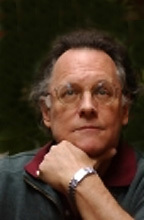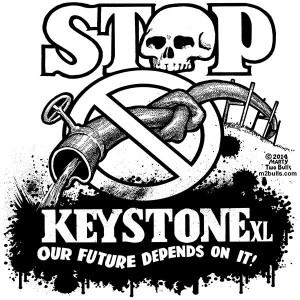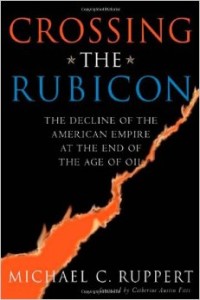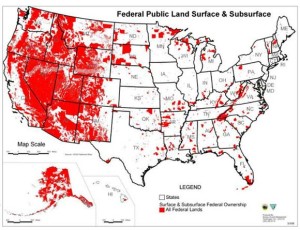
This report on the latest developments concerning consciousness research in physics is a wonderful illustration of a trend: the cutting edge of physicalist research is confronting consciousness. It is now one step away. Note two things: 1) the acknowledgement that the model is incomplete, missing a link, and a paradox: “why does the information content of our conscious experience appear to be vastly larger than 37 bi! ts of integrated information that can be stored in the human brain.”
Answering the paradox I predict will take physics into the nonlocal domain, and the matrix of information that is the all there is.
The German school of physics, referenced in is this report was made up of Planck, Pauli, Heisenberg, Einstein and others; the Olympiad of 20th century physics. All of them along with Jung, and Franz Boas, the founder of American anthropology, were strongly influenced by Adolf Bastian, a 19th century German polymath who posited the theory of Elementargedanke – literally ‘elementary thoughts of humankind.” It was an early attempt to recognize and try to study the nonlocal informational matrix, from which Jung developed the concept of the Collective Unconscious.
SOURCE: Consciousness as a State of Matter
Why Physicists Are Saying Consciousness Is A State Of Matter, Like a Solid, A Liquid Or A Gas
The Physics arXiv Blog
EXTRACT
Today, Max Tegmark, a theoretical physicist at the Massachusetts Institute of Technology in Cambridge, sets out the fundamental problems that this new way of thinking raises. He shows how these problems can be formulated in terms of quantum mechanics and information theory. And he explains how thinking about consciousness in this way leads to precise questions about the nature of reality that the scientific process of experiment might help to tease apart.
Tegmark’s approach is to think of consciousness as a state of matter, like a solid, a liquid or a gas. ‘I conjecture that consciousness can be understood as yet another state of matter. Just as there are many types of liquids, there are many types of consciousness,” he says.







